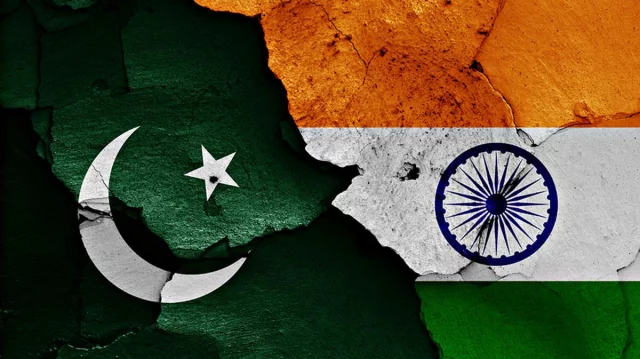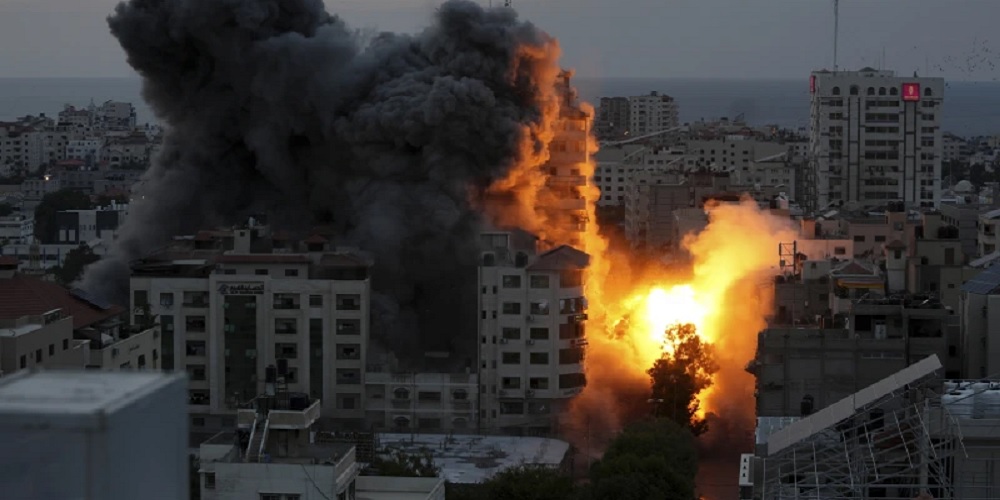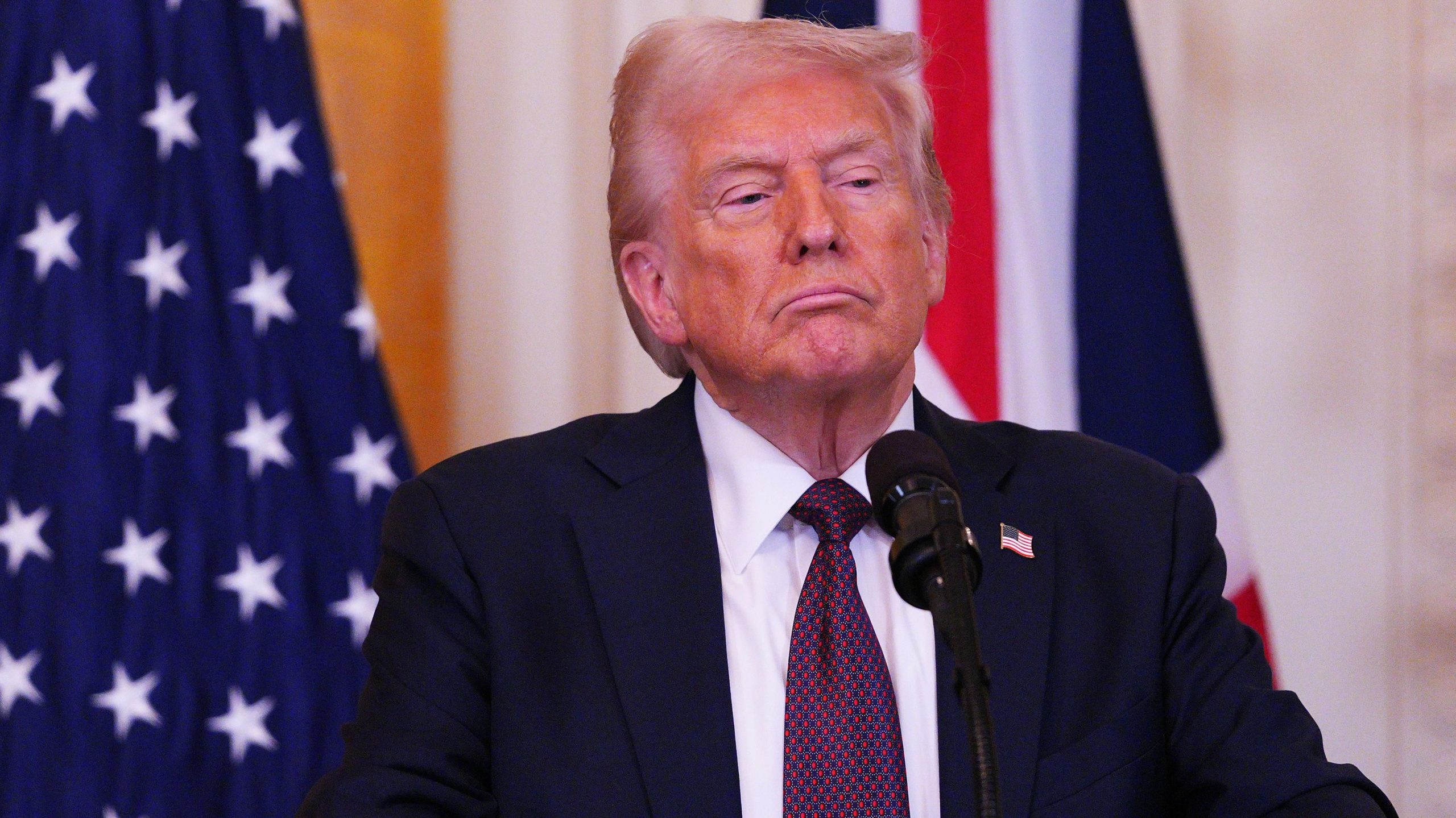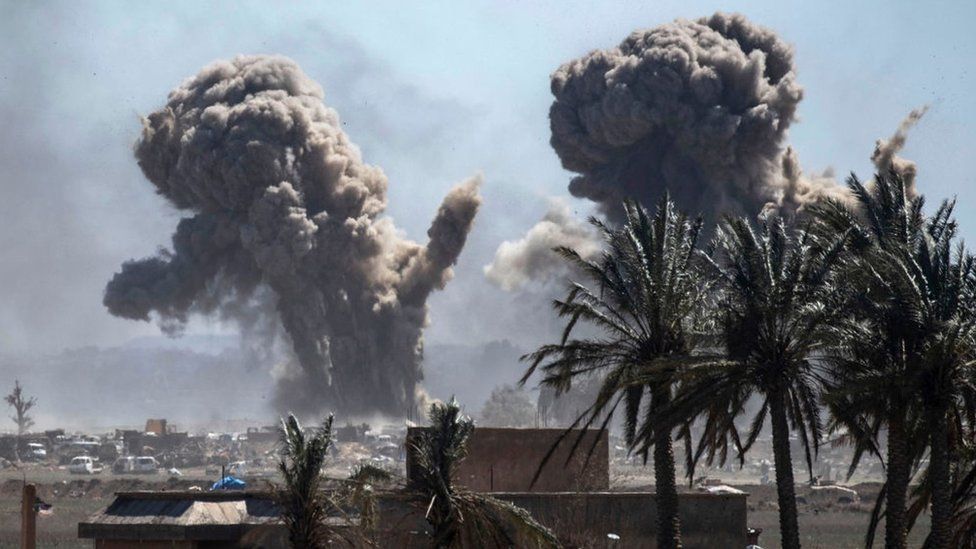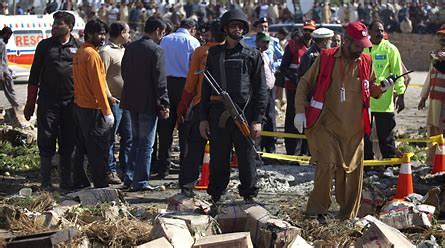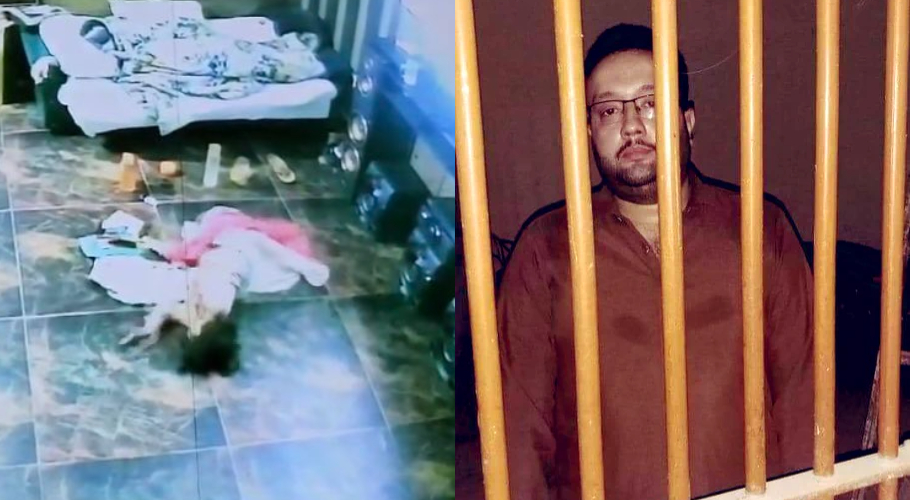The Pakistani and Indian governments said on Saturday that they had agreed to a ceasefire, echoing a post from U.S. President Donald Trump just minutes before saying the parties had agreed to stop attacking each other.
“Pakistan and India have agreed to a ceasefire with immediate effect,” Foreign Minister Ishaq Dar wrote on X.
“Pakistan has always strived for peace and security in the region, without compromising on its sovereignty and territorial integrity!”
His Indian counterpart, Subrahmanyam Jaishankar, who is known as S Jaishakar, confirmed the cessation of hostilities on X as well.
“India and Pakistan have today worked out an understanding on stoppage of firing and military action,” he wrote.
Trump had announced that the U.S. had mediated a ceasefire between the nuclear-armed rivals.
The two have traded missile strikes and heavy cross-border fire, including drones and shelling, for days.
US Secretary State Marco Rubio had spoken earlier to his Indian and Pakistani counterparts.
Pakistan reported more civilian deaths on Saturday, while each side claimed to have struck military targets overnight.
It was impossible to immediately verify the claims of both sides.
The trigger for the latest tensions was militant attack on April 22 in Indian-administered Kashmir, which killed 26 people, mostly Indian tourists.
New Delhi pointed the finger at Islamabad, accusing it of supporting militants, and then launched attacks on both Pakistan and Pakistan-administered Kashmir in the early hours of Wednesday, igniting fears the region was on the brink of all-out war.
Pakistan denied having any role in the attack on the holidaymakers and is calling for an independent investigation.
The roots of the conflict between the two nations date back to the colonial era.
In 1947, the British granted independence to the Indian subcontinent and partitioned it.
This violent partition created the new state of Pakistan for Muslims alongside predominantly Hindu India.
The partition continues to fuel a bitter rivalry to this day. Since their independence, the two countries have fought three wars, two of them over the border region of Kashmir.
